How Hurricanes Changed The Course Of History
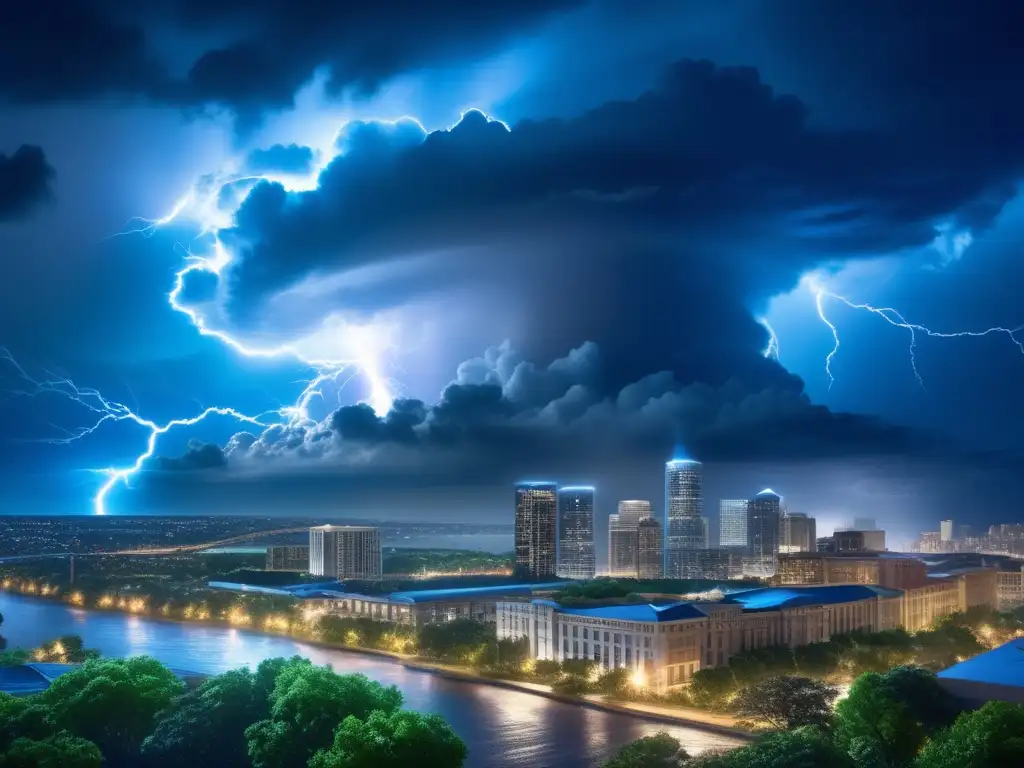
How Hurricanes Changed the Course of History
Introduction
For centuries, hurricanes have been a constant force that has impacted human life and society in profound ways. From altering the course of major historical events to shaping modern-day disaster response protocols, hurricanes have left their mark on humanity in more ways than we can imagine.
In this article, we will explore how hurricanes have changed the course of history and shed light on the ways in which these natural disasters have shaped our world today.
How Hurricanes Have Affected Historical Events
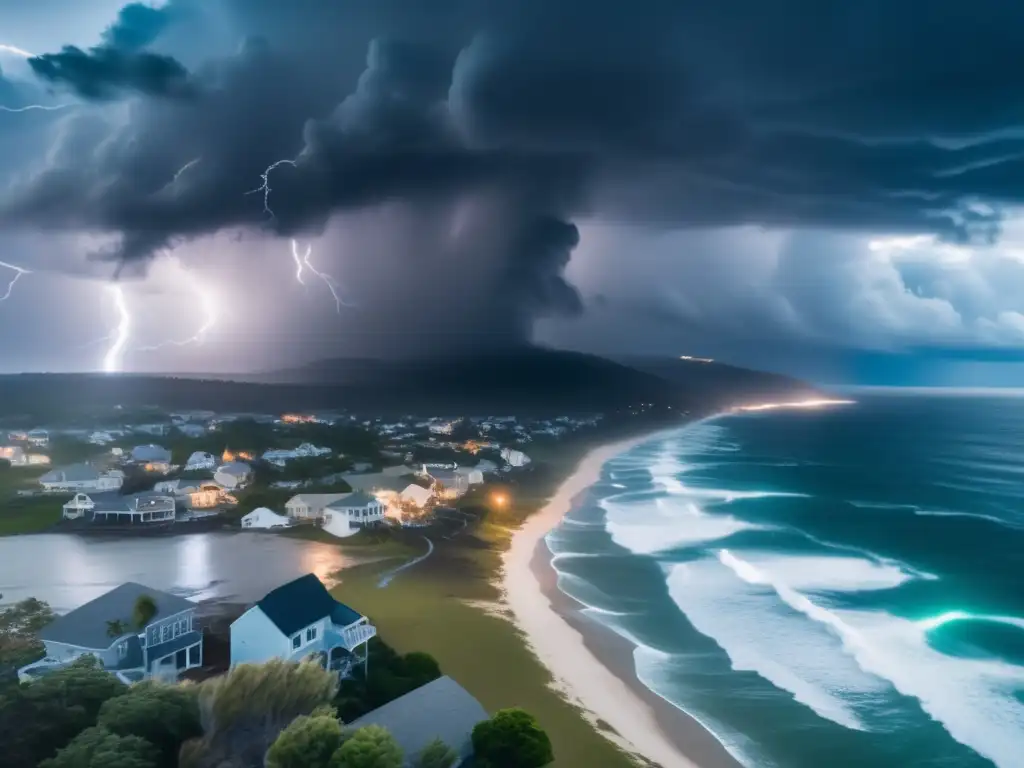
The Spanish Armada's Defeat in 1588
In 1588, the Spanish Armada, the most powerful naval force in the world at the time, set sail for England. However, the combined forces of the English navy and a severe hurricane prevented the Spanish from reaching their intended destination. The hurricane destroyed many of the Spanish ships, leading to a significant loss of troops and supplies, ultimately forcing the Armada to retreat. This event had major geopolitical ramifications, as it marked the beginning of the decline of the Spanish empire, while paving the way for England's rise to power.
The French Revolution and Napoleon's Defeat in Haiti
In 1791, a powerful hurricane hit the Caribbean island of Haiti, then a French colony. This hurricane caused significant damage to Haiti, destroying buildings and crops and killing thousands of people. The economic impact of the disaster compounded the already strained relationship between the French colonizers and African slaves, who were seeking freedom and equality. The aftermath of the hurricane fueled resentment and violence, and eventually led to the Haitian Revolution, which resulted in the establishment of the first independent black republic in the world.
The defeat of Napoleon's forces in Haiti, due in part to the hurricane, marked a turning point in the French Revolution and had a significant impact on the rise of democracy and the end of colonialism in Europe and the Americas.
The Battle of New Orleans During the War of 1812
In 1814, the British army invaded the city of New Orleans during the War of 1812. However, a severe hurricane hit the region, preventing the British from launching their attack and giving the U.S. forces a chance to prepare. The hurricane also caused significant damage to the British fleet, forcing them to withdraw. This event played a crucial role in the U.S. victory at the Battle of New Orleans and solidified the country's position as a major world power.
How Hurricanes Have Shaped Disaster Response Protocols
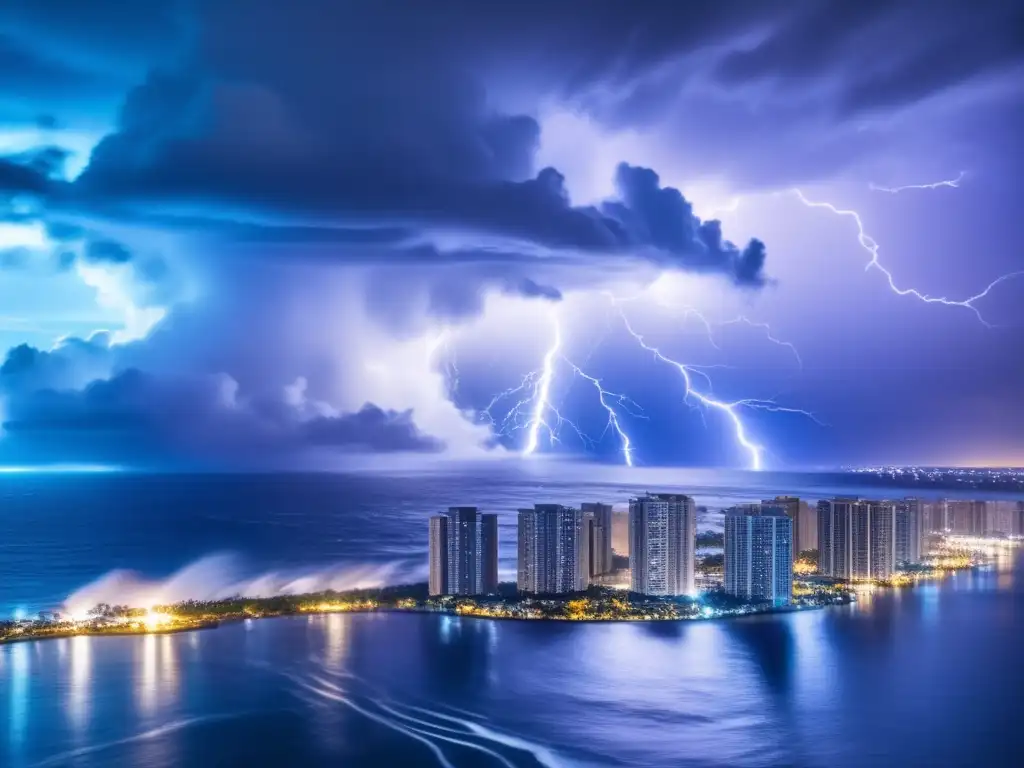
The Galveston Hurricane of 1900
In 1900, a powerful hurricane struck the coastal city of Galveston, Texas, resulting in one of the deadliest natural disasters in American history. The hurricane killed an estimated 8,000 people and caused millions of dollars in damage. This catastrophe prompted the development of modern disaster response protocols, such as better weather forecasting systems, early warning systems, and evacuation plans.
Hurricane Katrina
Hurricane Katrina, which hit the Gulf Coast in 2005, was one of the most devastating hurricanes in modern American history. This hurricane exposed significant flaws in the U.S. emergency management system and highlighted the need for a more coordinated and efficient response to natural disasters. In response to this event, Congress passed the Post-Katrina Emergency Management Reform Act, which aimed to improve the federal government's ability to respond to disasters and provide aid to communities affected by natural disasters.
How Hurricanes Affect Modern-Day Society
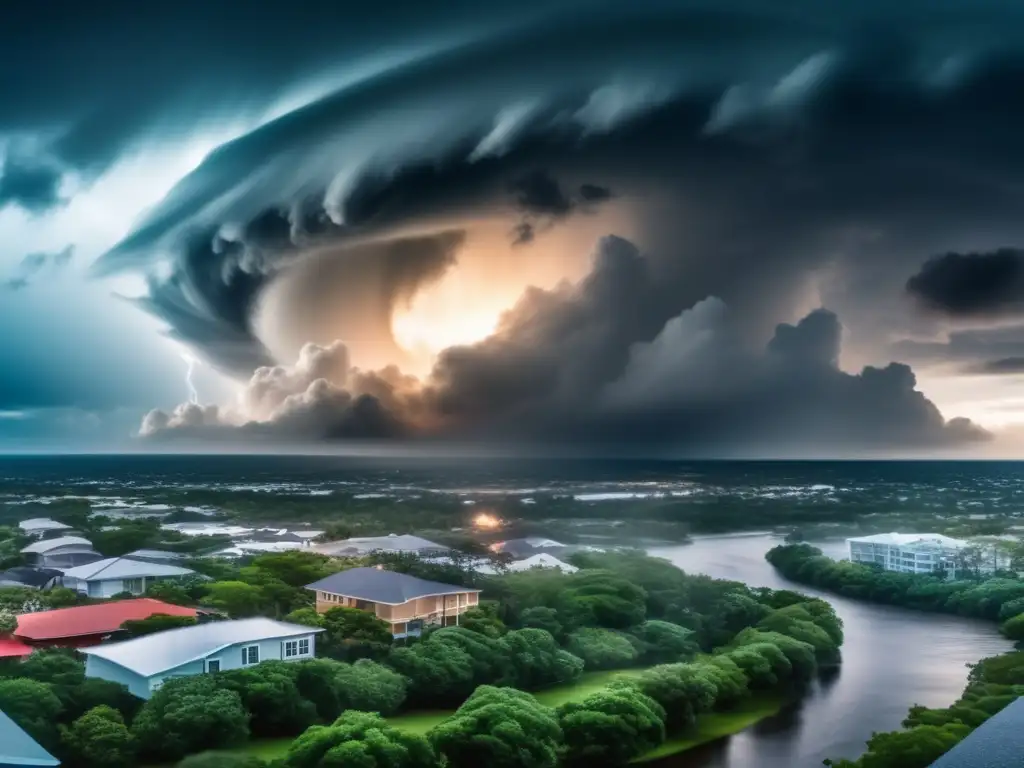
Economic Impacts
Hurricanes can have a significant impact on the economy, as they can disrupt transportation and communication systems, cause power outages, and damage infrastructure. In addition, hurricanes can severely impact industries that rely on the natural environment, such as agriculture and tourism. The economic costs of hurricanes can be staggering, with some estimates suggesting that the total cost of Hurricane Harvey in 2017 exceeded $125 billion.
Environmental Impacts
Hurricanes can also have significant environmental impacts. These natural disasters can cause flooding, landslides, and erosion, which can lead to long-term environmental damage. In addition, hurricanes can impact marine ecosystems, causing damage to coral reefs and threatening coastal habitats.
Mental Health Impacts
Hurricanes can have a profound impact on mental health, as they can cause significant stress, anxiety, and trauma. The emotional toll of hurricanes can be long-lasting, affecting individuals and communities for years after the event. Addressing the mental health impacts of hurricanes is crucial to ensuring that affected individuals receive the support and care they need.
Frequently Asked Questions
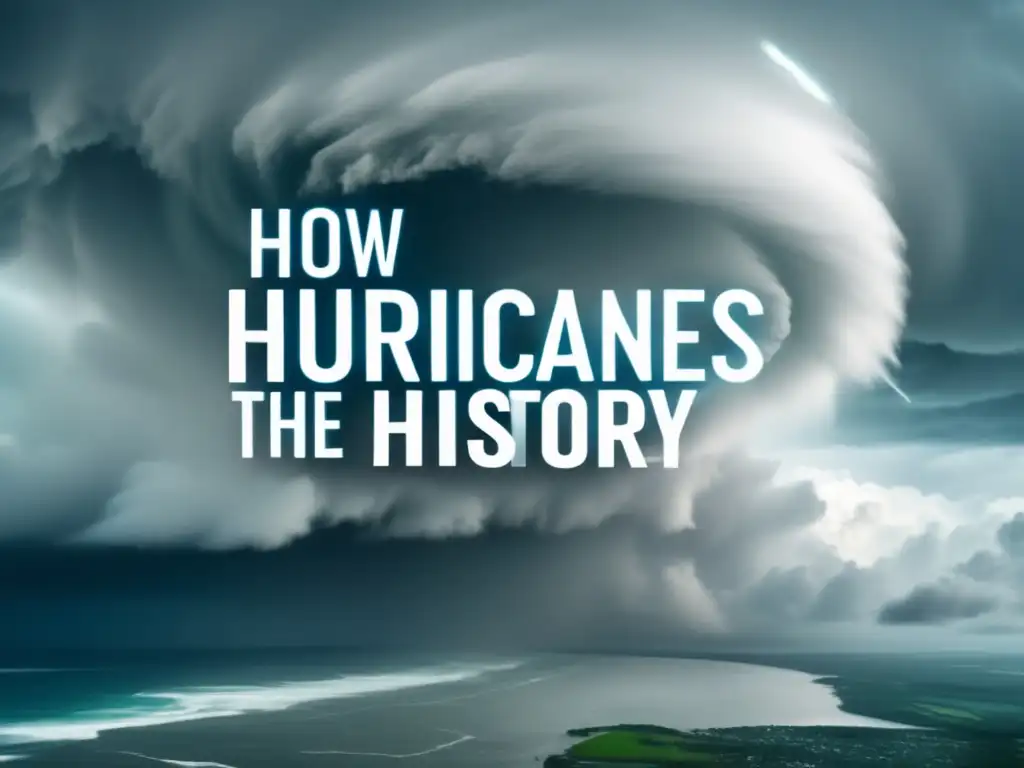
-
What are the most devastating hurricanes in history?
Some of the most devastating hurricanes in history include Hurricane Katrina, Hurricane Mitch, Hurricane Harvey, and Hurricane Maria.
-
How do hurricanes form?
Hurricanes form over warm ocean waters when the air rises and forms a low-pressure area. This low-pressure area then draws in more warm air, which rises and cools, forming clouds and thunderstorms that can develop into hurricanes.
-
What are some ways to prepare for a hurricane?
Some ways to prepare for a hurricane include creating a disaster plan, stocking up on emergency supplies, securing your home, and following evacuation orders if necessary.
-
How can I help communities affected by hurricanes?
You can help communities affected by hurricanes by donating to reputable organizations that provide aid and support to those in need. You can also volunteer your time and expertise to disaster relief efforts.
-
What is the government's role in hurricane response?
The government plays a crucial role in hurricane response, providing vital resources and support to affected communities. This can include coordinating rescue and recovery efforts, providing financial assistance, and ensuring that essential services such as healthcare and transportation are available to those in need.
Conclusion
Hurricanes have been a constant force throughout human history, impacting societies and shaping the world we live in today. While these natural disasters can cause significant damage and disruption, they can also serve as opportunities for growth, resilience, and positive change. By understanding the ways in which hurricanes have changed the course of history, we can better prepare for the future and ensure that we are equipped to deal with the challenges that lie ahead.
If you have any thoughts or questions about this article, please share them in the comments section below. Thank you for reading, and stay safe.
Additional Resources
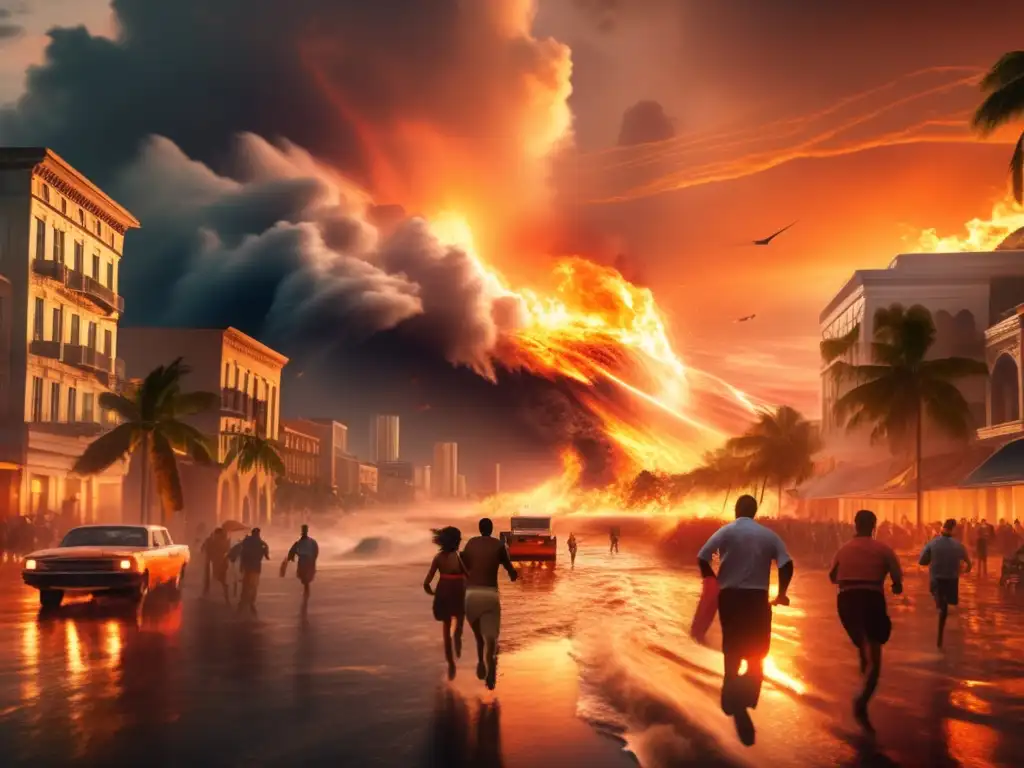
- National Hurricane Center
- Ready.gov: Hurricanes
- American Red Cross: Hurricane Safety
- Federal Emergency Management Agency
 The Human Toll: Life And Loss In Hurricane-Stricken Areas
The Human Toll: Life And Loss In Hurricane-Stricken Areas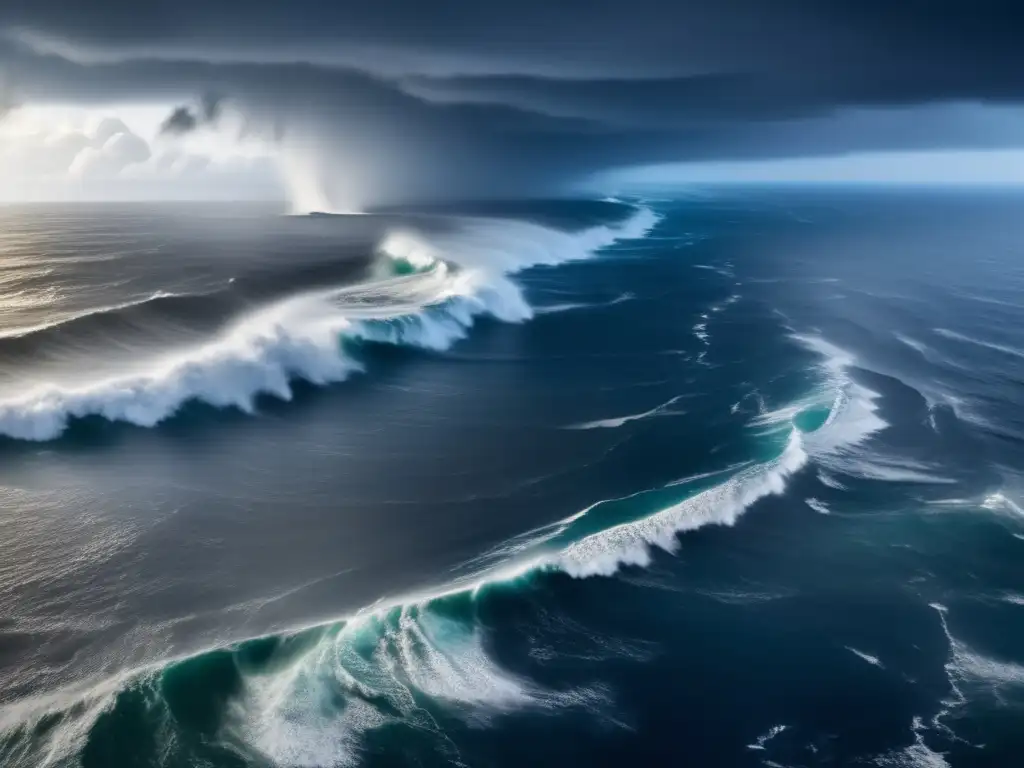 The Factors That Determine A Hurricane's Path
The Factors That Determine A Hurricane's Path Why Some Hurricanes Intensify Rapidly
Why Some Hurricanes Intensify RapidlyIf you want to discover more articles similar to How Hurricanes Changed The Course Of History, you can visit the Basic knowledge about hurricanes: category.
Leave a Reply

Articulos relacionados: